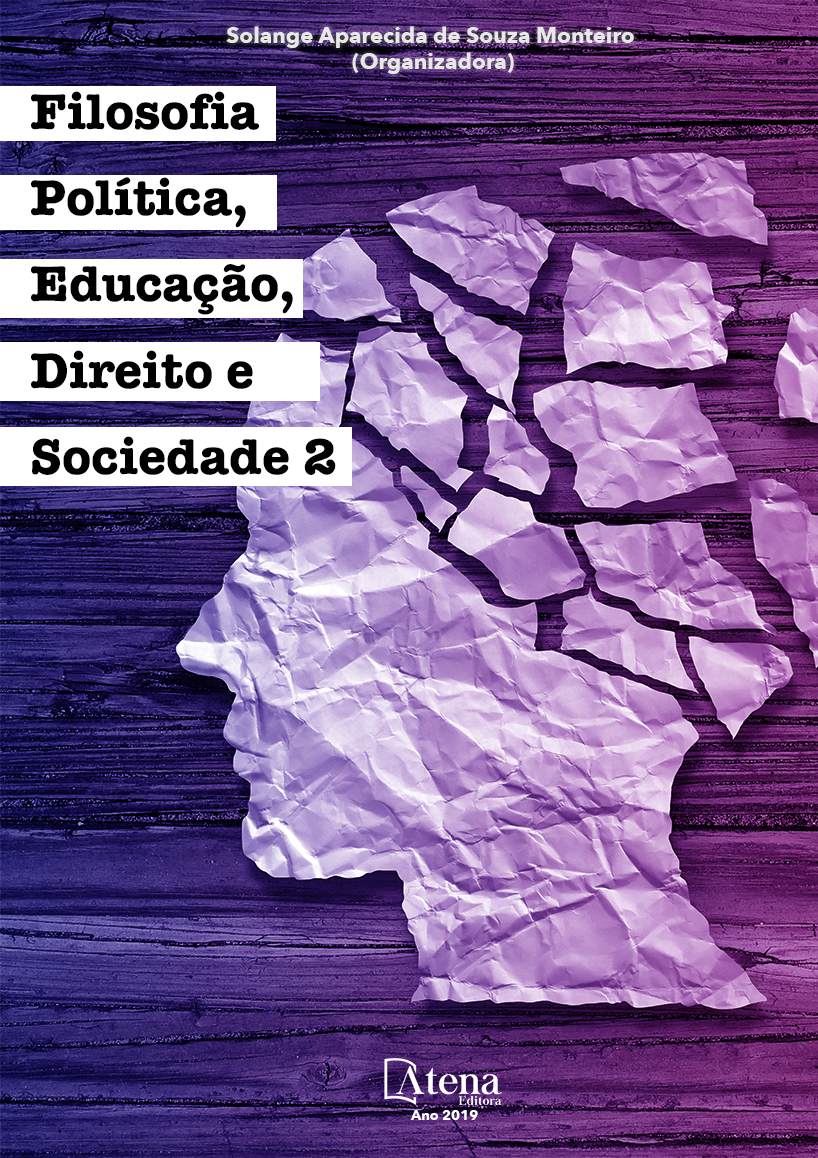
AVALIAÇÕES EM MATEMÁTICA: O ERRO ENQUANTO FERRAMENTA PEDAGÓGICA NO PROCESSO DE ENSINO-APRENDIZAGEM
O artigo analisa a concepção de erro
em avaliações de matemática da Educação
Básica, partindo das contribuições da pedagogia
construtivista na perspectiva de se considerar
o erro como uma estratégia pedagógica de
promoção da aprendizagem. A categoria do
erro é tomada como elemento potencializador
de análise, por meio do qual a reflexão se
instaura como forma de se reestruturar o
pensamento em busca de uma compreensão
dos fundamentos do erro, o que permite ao
sujeito da aprendizagem entender o acerto.
Parte-se das reflexões de Esteban (2001)
e Berton (2000) que fundamentam a lógica
de análise do erro como estratégia didática,
associando-as com Alarcão (2006) que define
o lugar da reflexão na escola. A concepção de
erro como instrumento de caminho ao acerto foi
pensada a partir da abordagem fundamentada
na tipologia de Rico (1995) que analisa
dificuldades encontradas pelos alunos quando
avaliados. Analisam-se os erros em avaliações
de matemática dos estudantes de Ensino
Médio do Colégio Nobre de Feira de Santana,
concebendo-os sobre a ótica de Teixeira e
Nunes (2008), que consideram o erro como
um procedimento necessário para se validar
o acerto. Utiliza-se o método auto (biográfico)
pela abordagem qualitativa, tendo a entrevista
semiestruturada como uma das estratégias de
coleta de dados. Refletem-se as perspectivas
do erro em matemática, mapeando os sentidos
e contribuições deste em relação ao acerto.
AVALIAÇÕES EM MATEMÁTICA: O ERRO ENQUANTO FERRAMENTA PEDAGÓGICA NO PROCESSO DE ENSINO-APRENDIZAGEM
-
DOI: 10.22533/at.ed.95719040216
-
Palavras-chave: Estratégia didática, Erro, Avaliação, Aprendizagem, Matemática.
-
Keywords: Didactic strategy, Error, Evaluation, Learning, Mathematics.
-
Abstract:
The article analyzes the conception
of error in mathematical assessments of Basic
Education, starting from the contributions of
constructivist pedagogy in the perspective of
considering the error as a pedagogical strategy
of promotion of the learning. The category
of error is taken as a potentiating element of
analysis, whereby reflection is established as
a way to restructure the thought in search of
an understanding of the fundamentals of error,
which allows the learning subject to understand
the correctness. It starts from the reflections of
Esteban (2001) and Berton (2000) that base
the logic of error analysis as didactic strategy,
associating them with Alarcão (2006) that
defines the place of the reflection in the school.
The conception of error as an instrument of
path to success was thought from the approach
based on the typology of Rico (1995) that
analyzes difficulties encountered by students
when evaluated. We analyze the errors in mathematical assessments of high school
students of Feira de Santana High School, conceiving them on the viewpoint of Teixeira
and Nunes (2008), who consider the error as a necessary procedure to validate the
correctness. The auto (biographical) method is used by the qualitative approach, with
the semi-structured interview as one of the data collection strategies. The perspectives
of error in mathematics are mapped, mapping the meanings and contributions of this
in relation to the correctness.
-
Número de páginas: 15
- André Ricardo Lucas Vieira


